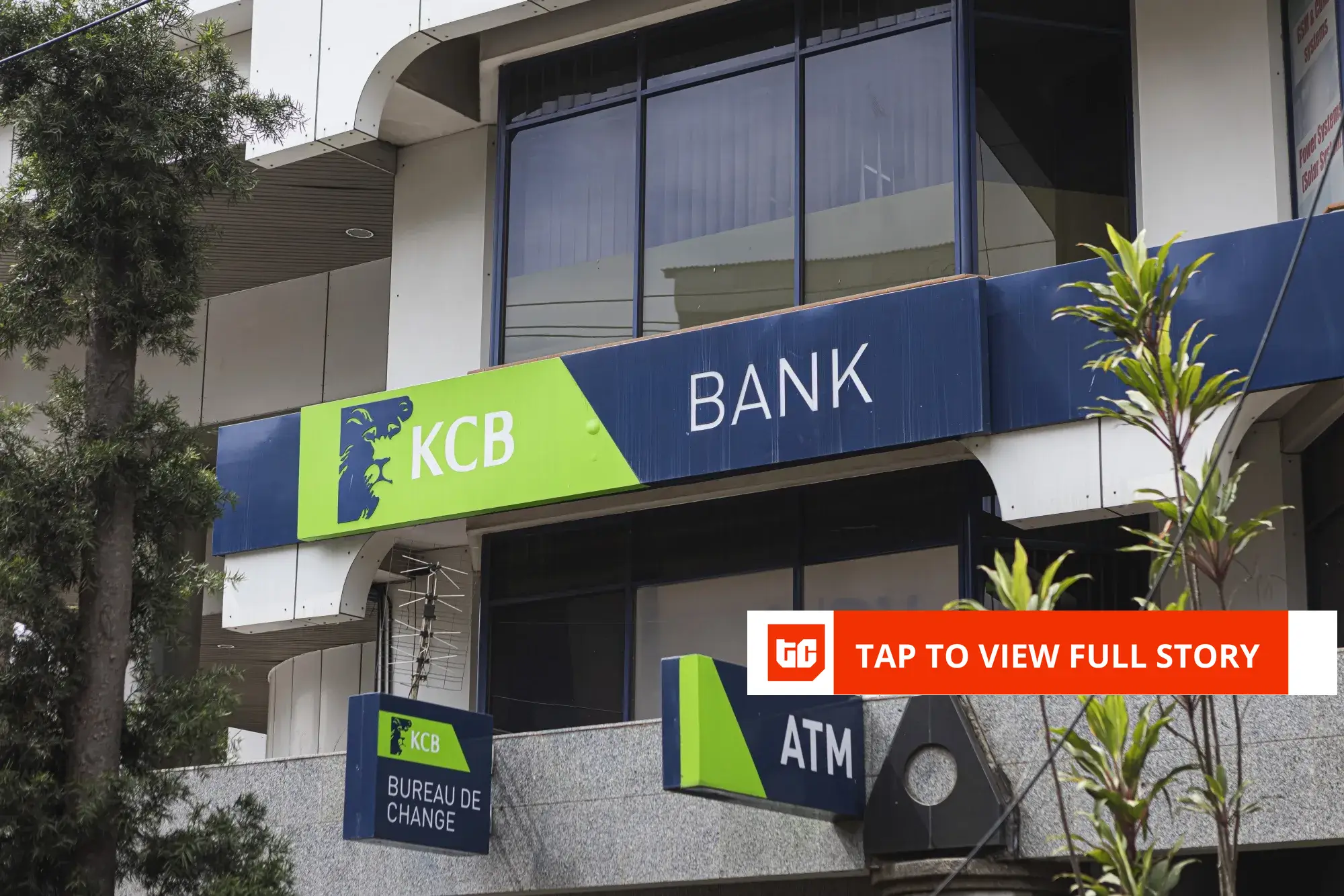Place your adverts here on InfoDig @ low rates; banner ads, sponsored links and guest articles etc. Contact us
In the world today, a data breach can have significant repercussions, from reputational damage to hefty financial losses. For Nigerian businesses, dealing with a data breach effectively is essential to minimize the impact on customers, maintain compliance with cybersecurity laws, and restore trust. This guide covers the critical steps to respond to a data breach in Nigeria and offers insights on both immediate actions and long-term recovery and prevention strategies.
Immediate Actions to Take After a Data Breach
- Contain the Breach
- As soon as a breach is detected, the first step is to contain it to prevent further exposure. Disconnect affected systems from the network, restrict access, and halt any ongoing malicious activity.
- In Nigeria, it’s essential to act quickly to limit potential legal consequences, as businesses are accountable under the Nigeria Data Protection Regulation (NDPR) and may face penalties for prolonged data exposure.
- Assess the Scope and Impact
- Conduct an initial assessment to determine the type and volume of data compromised. This may include sensitive information like customer details, financial records, or proprietary data.
- Understanding the scope will help you inform affected individuals accurately and prepare for possible legal or financial consequences.
- Notify Relevant Stakeholders
- Informing the right stakeholders promptly is crucial. Under the NDPR, organizations are required to notify the National Information Technology Development Agency (NITDA) within 72 hours of a breach if the data of Nigerian citizens is compromised.
- Notify affected customers and clients transparently, outlining what information was involved, potential risks, and the actions they should take (such as changing passwords).
- Begin Incident Investigation
- Conduct a thorough investigation to understand how the breach happened, who was responsible, and whether any vulnerabilities in the system were exploited.
- Many Nigerian companies may lack internal resources for such investigations, so consider hiring a cybersecurity expert or partnering with a managed security service provider to assist.
- Protect Customer Accounts and Data
- Advise affected customers on steps to protect their information, such as monitoring their accounts, updating passwords, and enabling two-factor authentication where possible.
- For Nigerian customers, emphasize the importance of reporting suspicious activity to local banks and financial institutions, as phishing and identity theft are common post-breach risks.
Long-Term Strategies for Recovery and Prevention
- Evaluate and Upgrade Security Measures
- Review and improve the organization’s cybersecurity infrastructure, including firewalls, antivirus software, encryption, and data access controls. Conduct regular audits to ensure these measures are up to date.
- Nigeria’s cybersecurity landscape is evolving, with the Central Bank of Nigeria (CBN) and NITDA encouraging stronger security practices, especially for banks and financial institutions. Adhering to these standards will help reduce future vulnerabilities.
- Implement Regular Employee Training
- Employees are often the first line of defense against cyber threats. Regular cybersecurity training on topics like phishing, password management, and secure data handling is crucial.
- In Nigeria, cybersecurity awareness is growing but still requires consistent reinforcement. Consider organizing training sessions or engaging in national cybersecurity initiatives like Nigeria Cybersecurity Awareness Month to promote good practices among staff.
- Establish a Data Breach Response Plan
- Develop and document a data breach response plan outlining roles, responsibilities, and response timelines. This plan should include communication protocols, an escalation process, and clear instructions for handling a breach.
- For Nigerian businesses, an incident response plan is an asset not only to regulatory compliance but also to maintaining customer trust in a competitive market.
- Invest in Advanced Detection Tools
- Employ advanced cybersecurity tools such as intrusion detection systems (IDS), data loss prevention (DLP) software, and regular vulnerability assessments.
- Local businesses may consider solutions adapted for Nigeria’s IT infrastructure and the unique threats in the region, especially as cyberattacks continue to grow globally and locally.
- Establish Third-Party Security Standards
- If third-party vendors have access to your data or network, assess their security measures and compliance with NDPR regulations to ensure they don’t become a weak link.
- With many Nigerian businesses relying on external IT and financial services, third-party risk management is vital to avoid indirect exposure through less secure partners.
- Monitor and Report
- Set up continuous monitoring and analytics to track unusual activity within your systems. Use the data to identify and address vulnerabilities before they can be exploited.
- Report to regulatory bodies like NITDA, as they may offer support and resources to improve data protection and incident response capabilities within Nigeria.
Final Thoughts
Responding effectively to a data breach requires both immediate actions and long-term planning. Nigerian businesses that focus on both aspects are better equipped to recover from breaches and prevent future ones. Compliance with regulations like the NDPR, investment in cybersecurity infrastructure, and employee education are all integral to managing and minimizing data breach risks.
Data protection is not just about technology but also about preparedness, vigilance, and commitment to security. By taking these steps, Nigerian businesses can strengthen their cybersecurity posture and safeguard their digital assets in an increasingly risky online landscape.
Stay safe online!

 1 week ago
19
1 week ago
19













